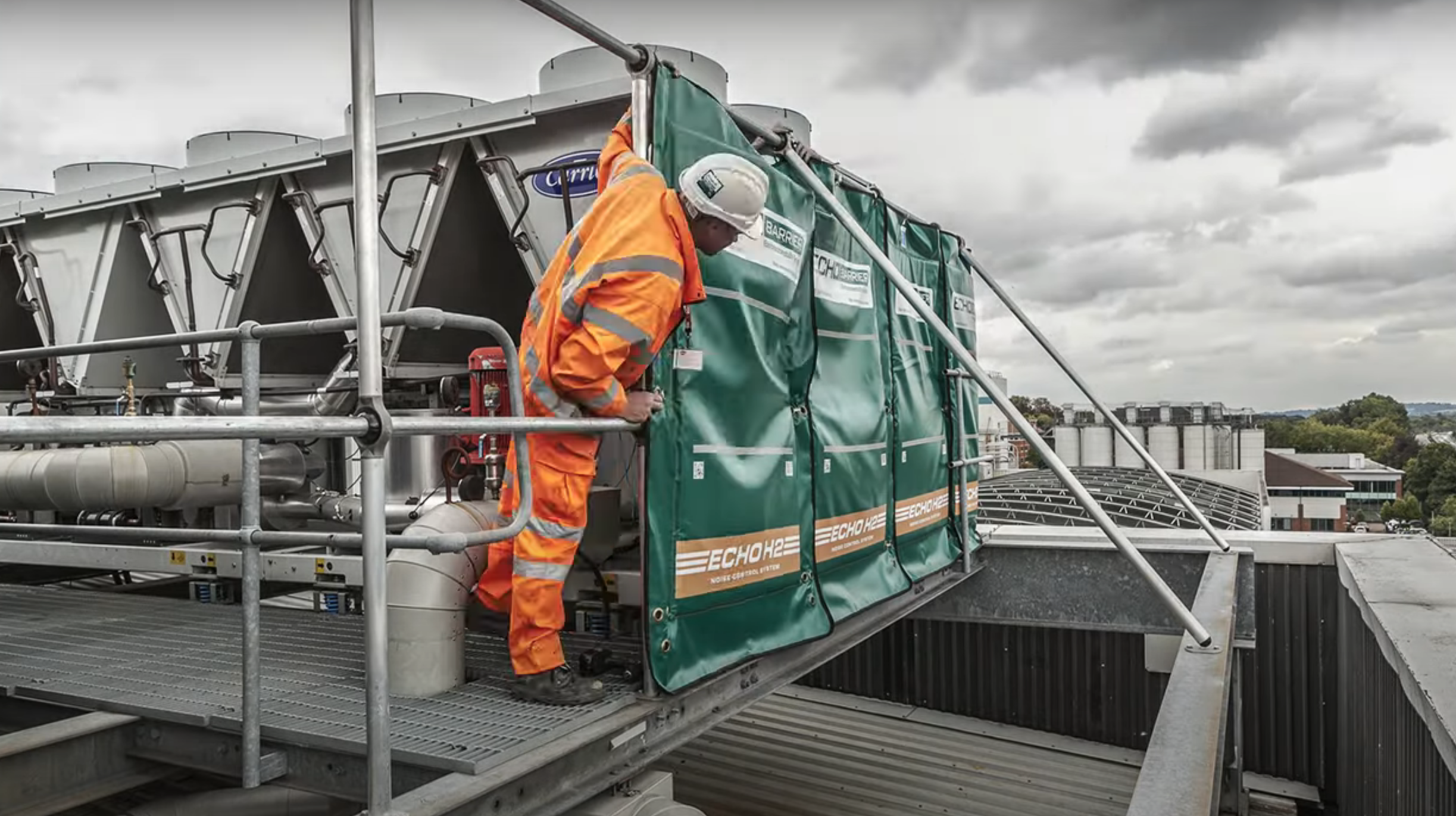
Noise is an unwanted sound and needs to be considered when installing air conditioning units in residential properties. Here we look at the effect they can have on neighbours.
They may provide a useful service within a property but working around the clock to keep the building at the correct temperature can be strenuous on any system. As a result, the units can emit a large amount of noise which can be annoying and disruptive for neighbours.
Is permission needed to install the units?
Planning permission is usually required to install an air conditioning unit as they have the potential to cause a noise nuisance to your neighbours, particularly if they live close to the site of installation. And that is something that R&B star Craig David has discovered after he installed ‘noisy and obtrusive’ air conditioning units at his London home without obtaining planning permission. He landed in trouble with Camden Council after putting up at least three air conditioning units on the roof of his property. He has since applied for retrospective consent to keep the units and promised to add ‘acoustic enclosures’ to make them quieter.
Neighbours have complained that the units will cause noise disturbance in the summer months as well as being unsightly. Planners are expected to make a decision on the retrospective planning application next month. The musician is not the first celebrity to encounter the problem. Two years ago, singer Ellie Goulding won a year-long battle to keep an air conditioning unit she put on the roof of her London home without permission.
What are the current regulations?
Noise levels from refrigeration should be no less than five decibels below the background noise level. Current regulations mean that planning permission is normally required for the installation of air conditioning units in commercial properties. However, these regulations are not set in stone and can differ for each Local Planning Authority. Approved applications for air conditioning units include terms which control noise levels. Air conditioning units which are not properly maintained can develop noise problems over the years. It is recommended that appliances are serviced and checked for correct operation on a regular basis.
How can noise disruption be reduced?
At Echo Barrier, we know how important it is to reduce the disruption caused by noise. Our award-winning acoustic barriers are the most effective temporary noise control solutions on the market and are regularly used on building sites to reduce the impact of noise during construction projects to help protect workers and the surrounding community. Whether you are looking for temporary solutions for construction, rail, demolition or live events, we have a product to suit your needs. They typically decrease noise levels by 90-97%, and are lightweight, weatherproof and adaptable to any setting. We are proud to hold the covered Quiet Mark which is only given to organisations and products who can prove that they help reduce noise. For more information or to discuss your needs, please call the team on 0845 561 3246 or get in touch via the website.
